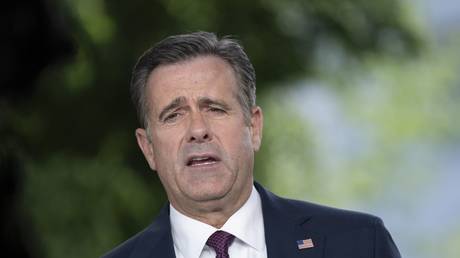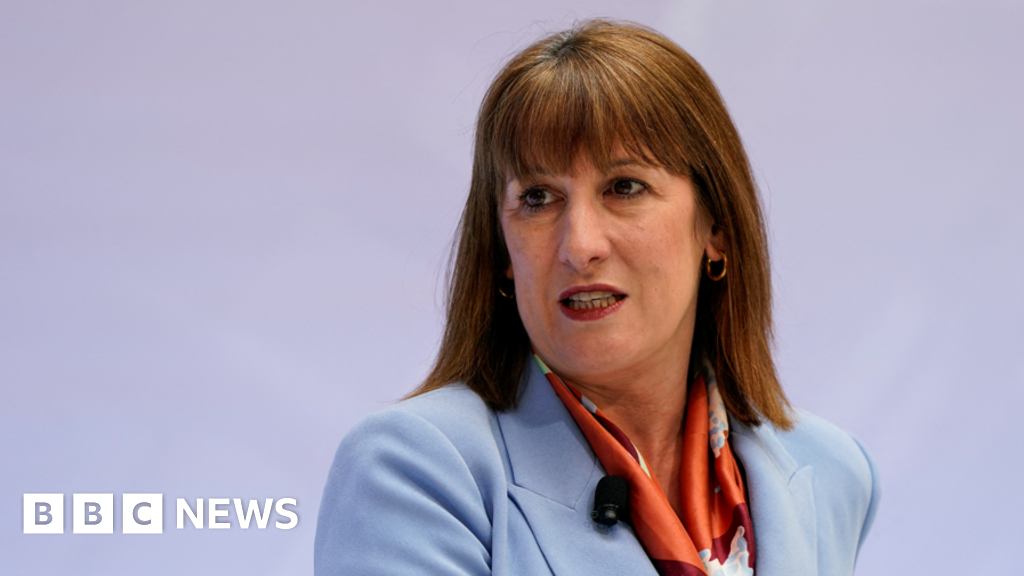Why Gen Z employees want to talk politics at work—and how leaders can handle it with grace

A recent survey by online résumé builder ResumeHelp found that 60% of millennials and 58% of Gen Z employees say they “sometimes” or “frequently” talk about politics at work. In contrast, only 41% of Gen X and 40% of boomers do the same. In short, the generational divide is stark.
But this isn’t just about politics—it’s about identity, inclusion, and the evolving role of work in people’s lives. For many in Gen Z, work isn’t just about a paycheck; it’s a platform. It’s where they spend the majority of their waking hours. They want to be seen, heard, and valued—not just for their productivity, but for their principles.
I asked my 29-year-old son, Ryan, and a few of his friends why political conversations feel so natural at work. Here’s what I heard:
- They’ve grown up in a world where expressing opinions online is second nature.
- They’re passionate about climate change, racial justice, reproductive rights, LGBTQ+ equality, and economic fairness.
- They are deeply concerned about increasing war and violence (including political violence).
- They feel disappointed by political leaders on both sides—and want meaningful dialogue.
- They believe that silence can be dangerous, and dialogue is the way forward.
- And most critically, they’re anxious about their future and want to feel empowered in it.
Why political talk feels so risky—and so necessary
The workplace reality, of course, is more complicated. In MIT Sloan Management Review, Michael Platt and Morela Hernandez explain that political discussions become polarizing for three key reasons:
- Politics feel moral, not just rational. Political views are often experienced as moral truths, processed through emotion rather than logic.
- Political beliefs become identity markers. Once moralized, political stances become deeply tied to one’s sense of self-worth and moral character.
- People form “moral tribes” at work. Individuals tend to seek validation by clustering with like-minded colleagues—creating ideological silos that fuel tension and division.
These dynamics contribute to an increasingly hostile work environment. What should be a well-tuned chorus has descended into a discordant melee, often incivil or toxic. Besides making the workday an unpleasant source of stress and even violence, this fracturing can negatively impact a firm’s productivity and culture.
For example, a SHRM survey reports that it takes up to 30 minutes for an employee to resume productive activity following a workplace conflict. Now consider that reported “uncivil acts” in U.S. workplaces increased to more than 200 million per day following a presidential debate in 2024, per SHRM, and the magnitude of the problem becomes clear.
Incivility also has a negative effect on corporate culture and morale. If ignored or handled clumsily, internal conflict can erode a company’s identity—and even damage its reputation—from within.
These dangers can’t be laid at the feet of Gen Z alone: it’s a problem decades in the making. Today, nearly every human action appears to have been politicized, and we all have a responsibility to address this issue.
Many wear their political sympathies on their sleeves, supporting certain politicians and policies in an attempt to capture market share among their target demographic. Atop that, the outcome of Citizens United v. Federal Election Commission, the 2010 Supreme Court ruling that endowed businesses with the rights of people, now enables campaign contributions to be considered a protected form of speech. Knowing all this, it would be strange if the workplace—where people spend most of their time—wasn’t also drawn into the day’s political conflicts and culture wars.
Not surprisingly, a recent survey by Indeed found that 60%of workers overall would favor working for companies with politically sympathetic leadership. Already, 42% of respondents were working for companies aligned with a single party. These numbers may be more stark among recent college graduates, but it’s clear that the blurred role of politics in the office is already well-established.
A teachable moment for leadership
Many leaders worry that political conversations will fracture teams or harm productivity. And yes, boundaries matter. But what if this moment isn’t just a challenge, but a profound opportunity?
The truth is that empathy is not a soft virtue—it’s a strategic one. Empathy, when practiced with consistency and courage, builds trust. And trust is the foundation of any thriving workplace.
This is our chance to cultivate the next generation of leaders. Those who will:
- Understand that disagreement is not a threat to unity, but a path toward it.
- Learn to listen across ideological and experiential divides.
- Develop the skills to speak with curiosity, clarity, and respect.
- Embrace dialogue as a tool for problem-solving—not conflict.
This is how we grow, not just as professionals, but as citizens.
And we don’t have to do it alone. Grassroots organizations like Braver Angels, Listen First Project, US United, Stand Together, More in Common, Convergence, Living Room Conversations, and Starts With Us offer free, practical tools for fostering civil discourse.
As efforts to create multicultural workplaces that leverage rather than suppress diversity have demonstrated, proactive leadership and pragmatic processes are an essential combination.
How leaders can respond to politics in the workplace—with grace
This isn’t about encouraging political debate, it’s about not silencing it out of fear. Leaders don’t have to take sides. In fact, they should avoid taking sides. But they do have an obligation to set the tone. Here’s how:
Affirm respect as a ground rule. Accept that employees will have differences, but make it clear that political discussions must remain respectful. No personal attacks. No shaming. No exclusion.
Offer dialogue training. Provide employees with tools and workshops that teach active listening, civil disagreement, and conflict navigation.
Model thoughtful engagement. Leaders don’t need to be apolitical—but they should be intentional. Share your views with humility, and create space for others to do the same.
Create safe spaces—not echo chambers. Welcome diverse viewpoints across the spectrum. Curiosity is contagious.
Remember the bigger picture. Helping employees engage across differences doesn’t just protect morale—it strengthens democracy.
We may live in divided times. But our workplaces don’t have to mirror that division. Instead, they can model something better. Political conversations, when approached with care, can be the crucible in which better citizens—and better leaders—are forged.
Let’s not waste this moment. Let’s teach the next generation not just how to work—but how to listen, engage, and lead.
What's Your Reaction?
 Like
0
Like
0
 Dislike
0
Dislike
0
 Love
0
Love
0
 Funny
0
Funny
0
 Angry
0
Angry
0
 Sad
0
Sad
0
 Wow
0
Wow
0





























































































